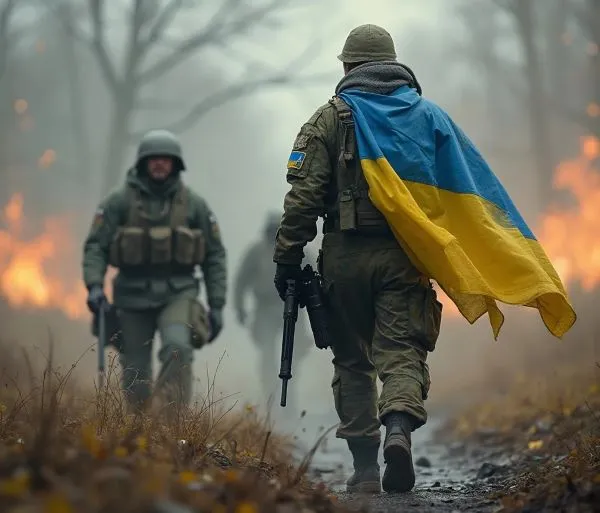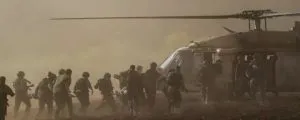
The Russia-Ukraine war has had far-reaching consequences, impacting not only the stability of Europe but also global food and energy security, including in the Middle East. The war has led to devastating economic consequences, including inflationary pressures, disruptions to global supply chains, and a significant decline in economic growth.
The War's Impact on the Economy:
The war has exacerbated challenges in certain supply chains and added to inflation. The United States, although not heavily reliant on imports from Ukraine or Russia, faces significant exposure in certain industries, including energy, food, and semiconductors. The war has led to a surge in global food commodity prices, with Russia and Ukraine accounting for 29% of global wheat exports and 17% of global corn exports.
Global Response to the War:
The international community has responded to the war with a range of measures, including economic sanctions, humanitarian aid, and diplomatic efforts to broker a peaceful resolution.
- India: India has maintained a neutral stance on the conflict, with Prime Minister Narendra Modi calling for a peaceful resolution. India has also increased its imports of Russian oil, taking advantage of discounted prices.
- USA: The United States has been a vocal critic of Russia's actions, imposing significant economic sanctions and providing military aid to Ukraine. The US has also led international efforts to isolate Russia diplomatically.
- Iran: Iran has maintained close ties with Russia, with both countries cooperating on energy and security issues. Iran has also provided humanitarian aid to Ukraine.
- Israel: Israel has maintained a cautious stance on the conflict, with Prime Minister Benjamin Netanyahu calling for a peaceful resolution. Israel has also provided humanitarian aid to Ukraine.
- China: China has maintained a neutral stance on the conflict, with President Xi Jinping calling for a peaceful resolution. China has also increased its economic cooperation with Russia, including in the energy sector.
- Europe: The European Union has imposed significant economic sanctions on Russia, with many member states also providing humanitarian aid to Ukraine. The EU has also increased its military cooperation with Ukraine.
Impact on Human Life:
The war has had a devastating impact on human life, with thousands of civilians killed or injured, and millions displaced. The war has also led to a significant decline in living standards, with many Ukrainians facing food and energy insecurity.The war has also had a broader impact on global human life, with the displacement of people leading to a significant increase in refugee flows to Europe and other regions. The war has also led to a decline in global food security, with many countries facing food shortages and price increases.
The Russia-Ukraine war has had far-reaching consequences, impacting not only the stability of Europe but also global food and energy security. The war has led to devastating economic consequences, including inflationary pressures, disruptions to global supply chains, and a significant decline in economic growth. The international community must continue to work towards a peaceful resolution to the conflict, while also addressing the humanitarian needs of those affected by the war.
India has maintained a neutral and balanced stance during the Russia-Ukraine war, aiming to navigate the complex geopolitical landscape without alienating key global powers. From the beginning of the conflict in February 2022, India refrained from condemning Russia directly, choosing to abstain from various UN resolutions that criticized Russia’s actions, including votes related to sanctions.
India's neutrality is largely influenced by its strategic relations with both Russia and the West. Russia has been a long-time ally and a major supplier of military equipment to India, while the West, particularly the U.S. and Europe, are important trade and diplomatic partners. India has called for peace and diplomacy, advocating dialogue to resolve the crisis. Prime Minister Narendra Modi has reiterated the need for direct negotiations and has refrained from taking sides, emphasizing India’s preference for a peaceful resolution to conflicts.
India also prioritized the safe evacuation of its citizens from Ukraine, where thousands of Indian students were stranded at the outbreak of the war. India’s balanced approach reflects its broader foreign policy strategy of maintaining strategic autonomy while safeguarding its own national interests amid global tensions.







